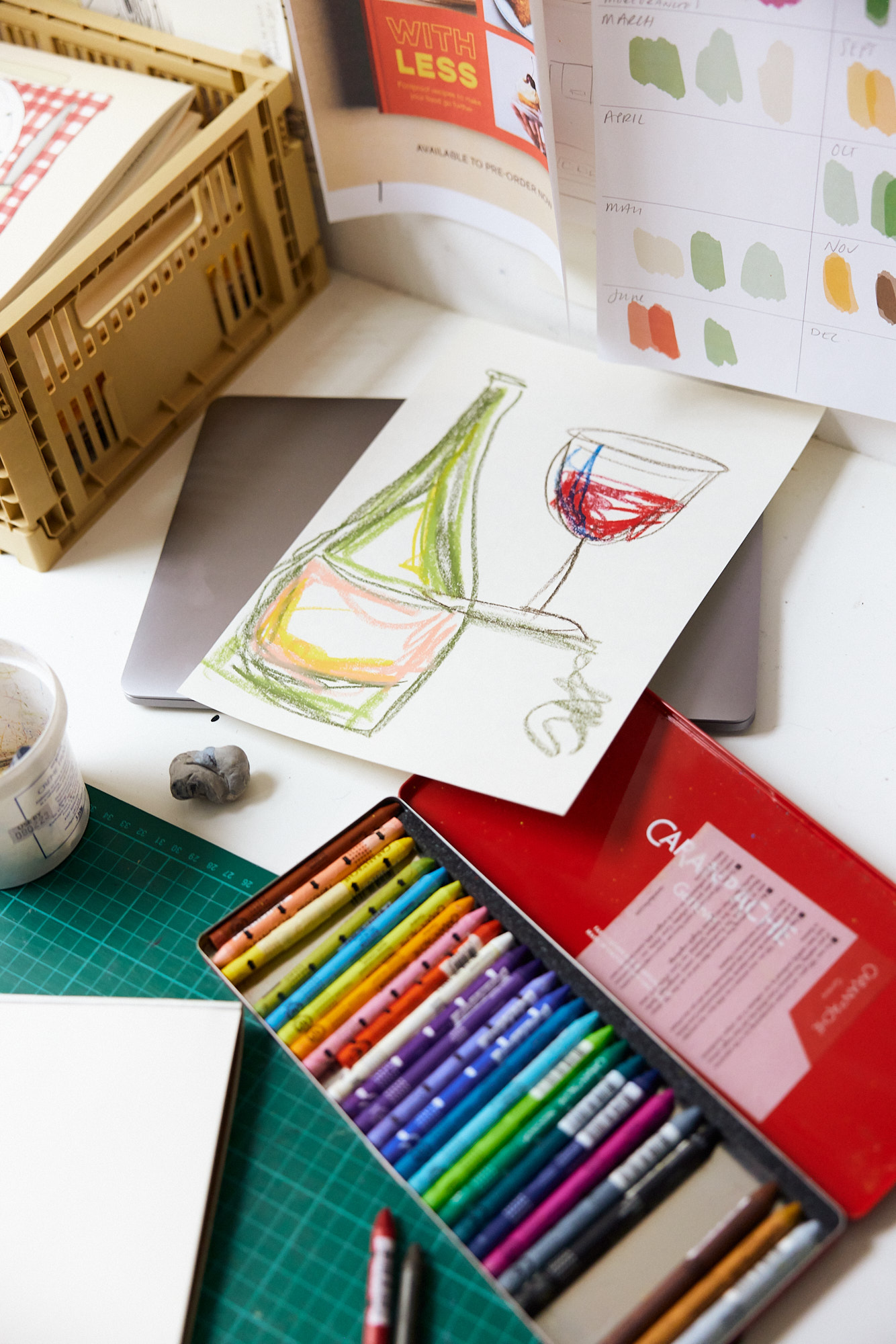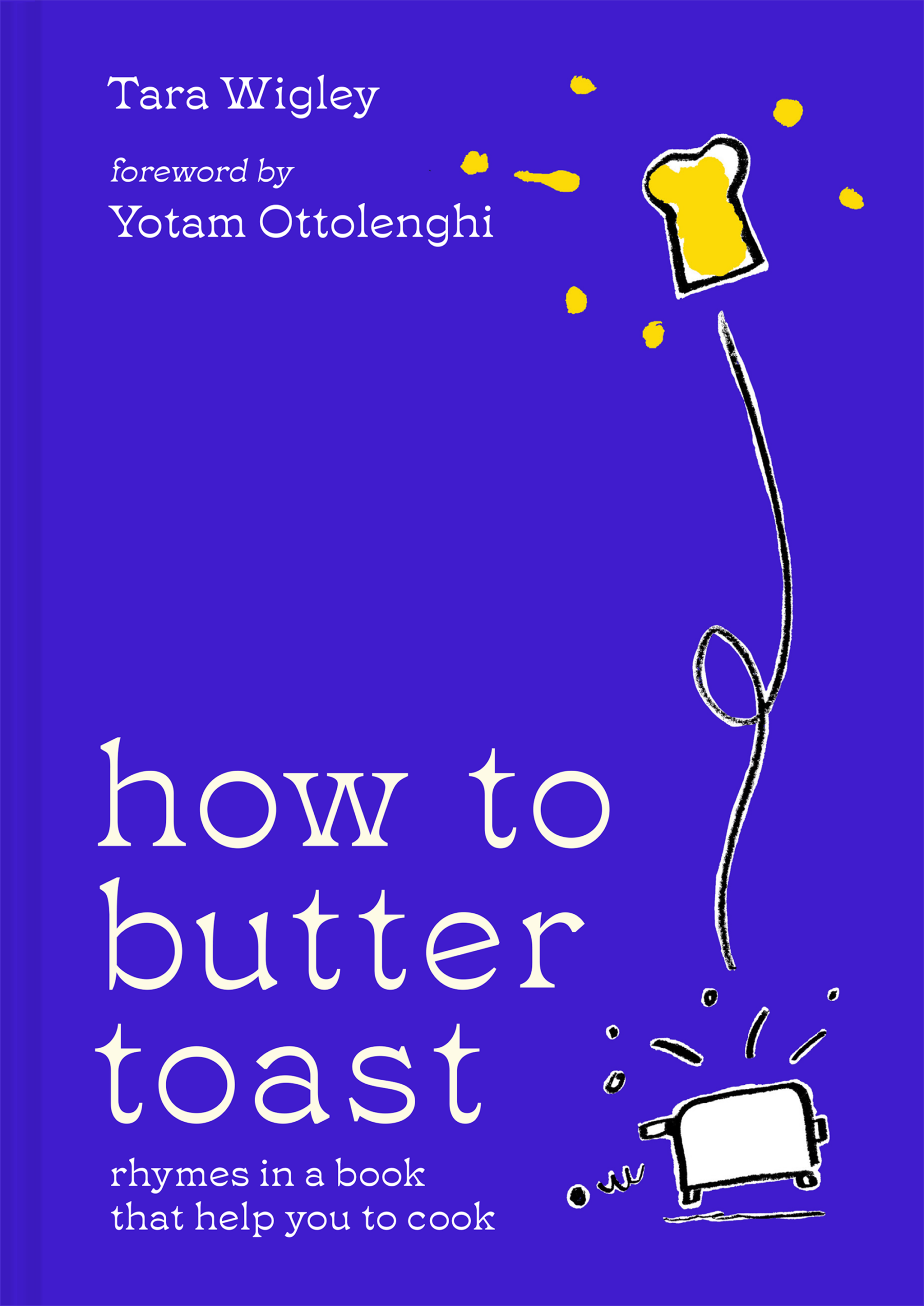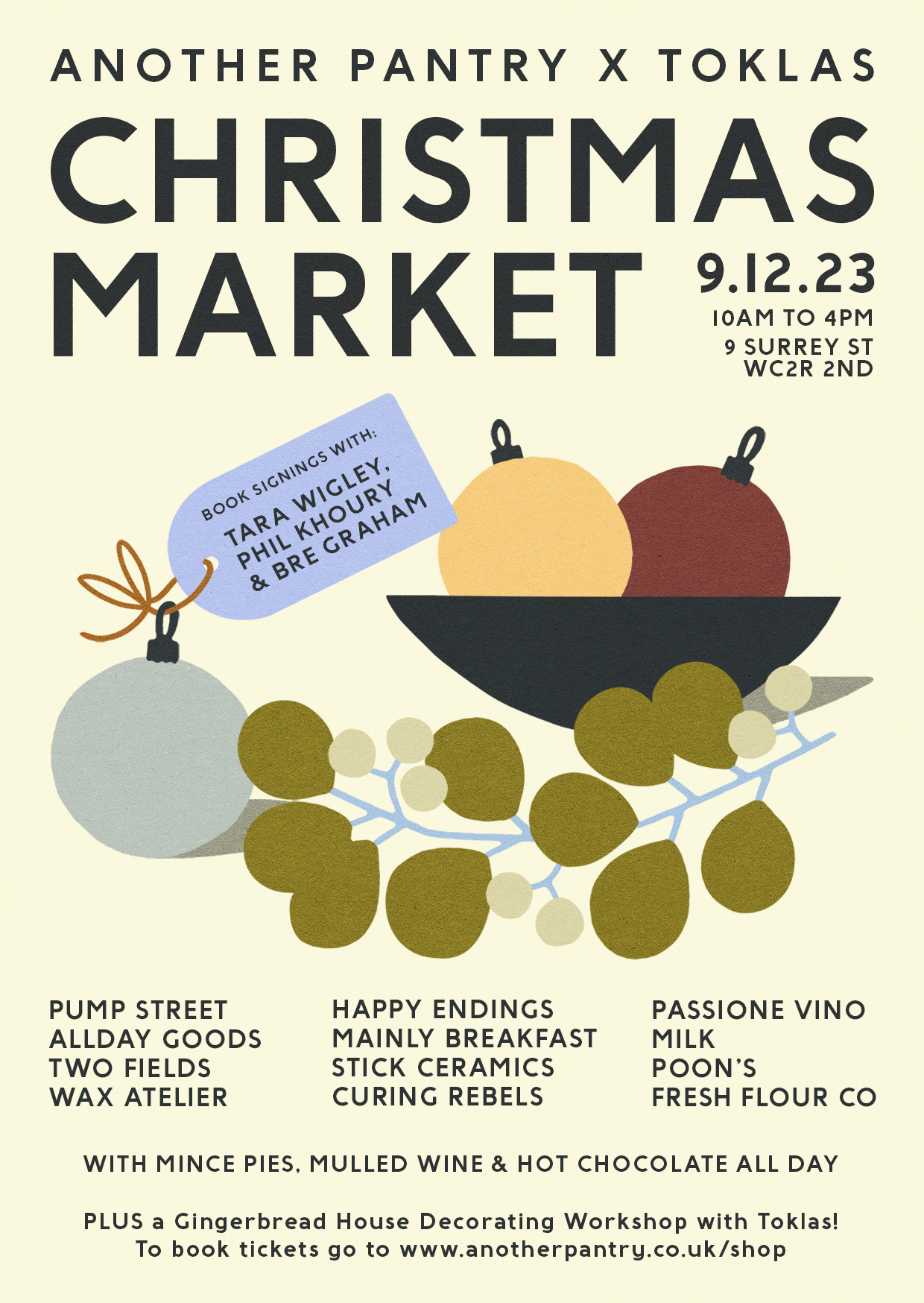
Mexican Soul, British Ingredients: At The Table with Santiago Lastra
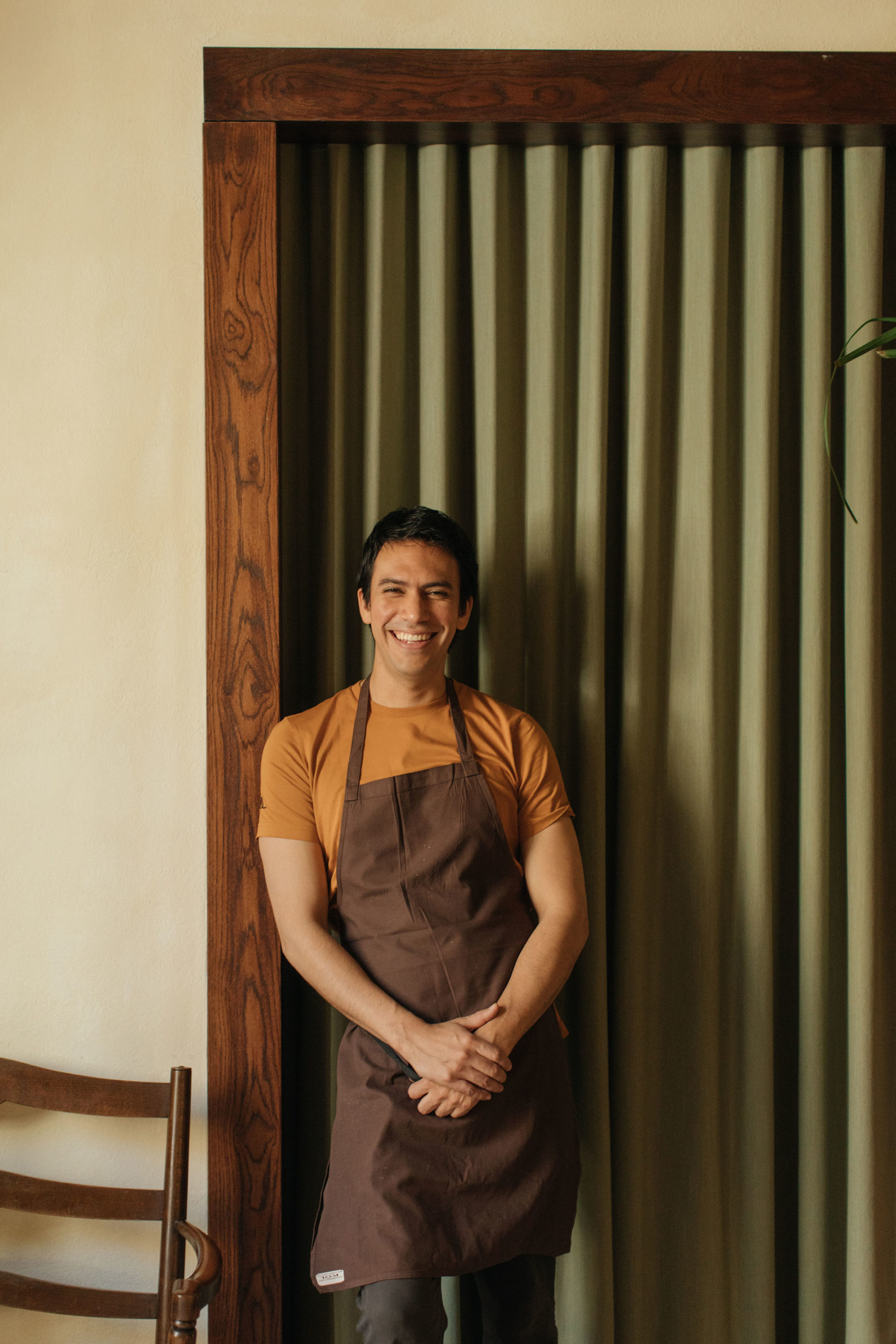
Santiago Lastra opened KOL in London’s Marylebone in 2020. Inspired by his Mexican heritage, the richness and history of Mexico’s indigenous communities, his love of small-scale producers, and the world-renowned chefs he has learned from, including Noma’s René Redzepi, it was time to build his own community. We sat down with Santiago to chat about the idea behind KOL, why he chose London after many pop-ups and residencies around the world, and what it means to use local, British ingredients to recreate Mexican flavours.
Santiago, tell us a little bit about your journey in food — where did it all begin?
I didn’t have a real connection with good food until I turned 15. At the supermarket, I found a small booklet of Italian recipes and I cooked them all. I then went to an Italian restaurant called Formaggio in Mexico City to see if I liked being in the kitchen and it was love at first sight. Everything was so exciting, and I knew that cooking was what I wanted to do with my life. To be able to craft moments that make people happy with your hands, that’s what it is all about.
“The name KOL means ‘cabbage’ in Spanish with a c (‘col’) and the philosophy behind the name is that things that are normally undervalued/underrated can be special if you put them in the right context.”
Talk to us about KOL — why did it finally feel like time to open your own restaurant? What does the name ‘KOL’ mean?
I always imagined it would be too stressful. I decided to open KOL after my time with Noma; the fact that you can build a community around a concept really appealed to me. Opening in London gave me the opportunity to showcase the quality and substance of Mexican culture and cuisine to the world. I’ve enjoyed building this community not only with the people who work at KOL who make my dream a reality, but also in collaborating with all the great farmers, fisherman, winemakers, and craftsman that have helped shape KOL into what it is.
The name KOL means ‘cabbage’ in Spanish with a c (‘col’) and the philosophy behind the name is that things that are normally undervalued/underrated can be special if you put them in the right context.
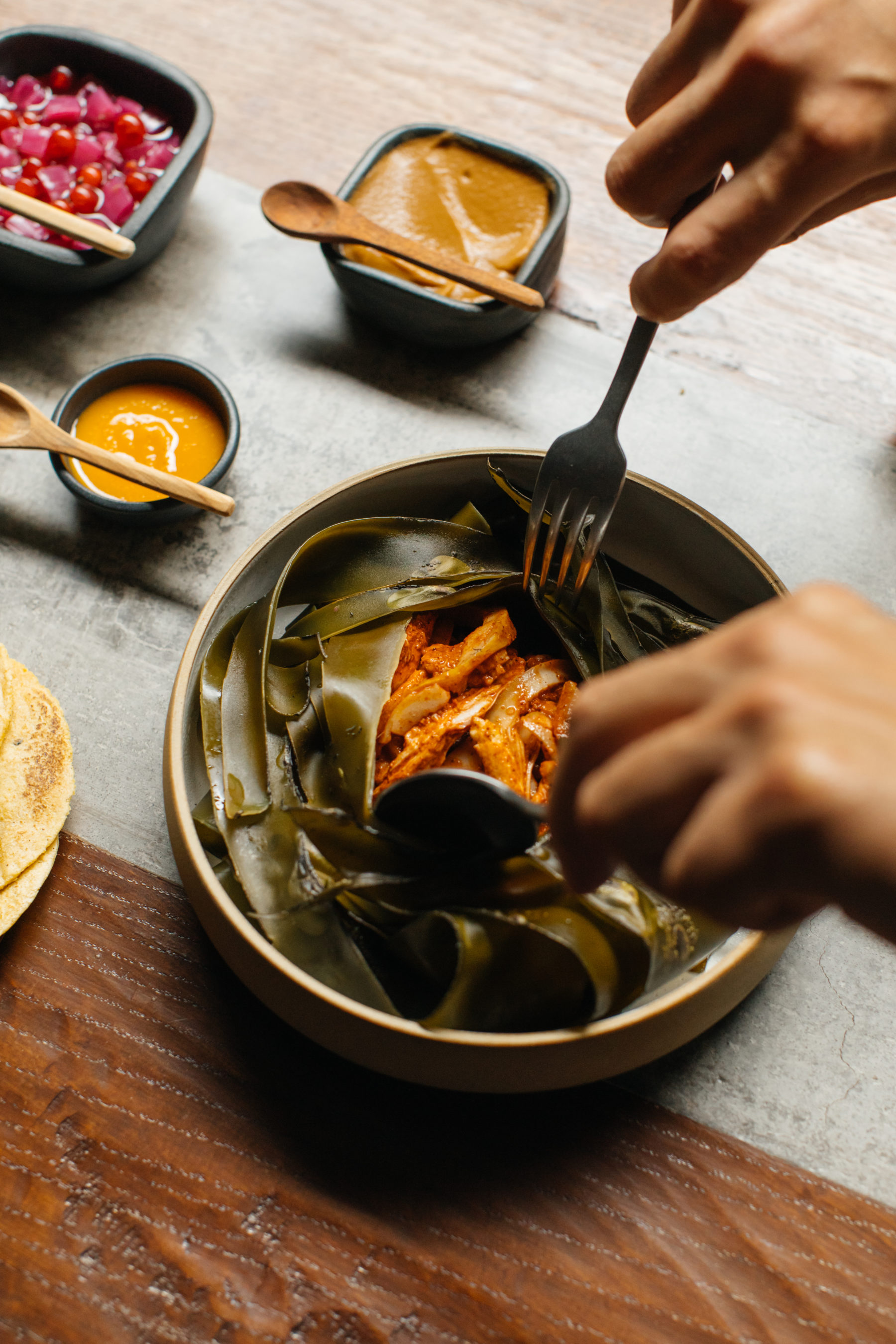

The concept is based on using British ingredients to create Mexican food — how does cooking here in the UK compare to cooking in Mexico? Does coming up with alternative ingredients to create a dish feel like a limitation or does it actually make you more creative?
Cooking here is quite different to cooking in Mexico. The weather, seasonality and landscapes are both vastly different. I should note that it really depends on where you are discussing in Mexico, but in general the seasons do not change as much as they do here, so you have a little more to play with in terms of ingredients year-round. Although there may be less of a broad range of ingredients here, I have found my discovery of UK produce to be really fascinating and everything we are working with here is of the highest quality. I don’t like to see using British ingredients as a limitation for creativity, but rather a framework to create within. It allows us focus on dishes and ideas that make sense to us and our concept.
You’ve spoken previously about your love of the indigenous communities in Mexico. Tell us a little bit about that — what is it about their food philosophy that inspires you and that you want to bring into your own cooking?
When you spend time with these communities in Mexico, you can see the past. To be able to see in the present day how they cooked, lived, and ate a thousand years ago and how it’s changing is a precious gift. In Europe or the UK, you need to go to a museum to see something like that. In Mexico, you just drive a couple of hours, and you are immersed in it. Spending time with these communities and learning is all about absorbing experiences. I can’t come up with ideas by just reading a book – I need to be involved in it and experience it myself. Being able to share their stories, those I have also experienced myself, through the experience at KOL is a great privilege.
One of the things I loved most about the indigenous communities I’ve spent time with is their devotion and connection to their land and their cooking. I remember a Totonacan saying that went ‘you are born, and you cook, live and die in the kitchen’, and for me that is something to really respect – the devotion to become one with your craft.
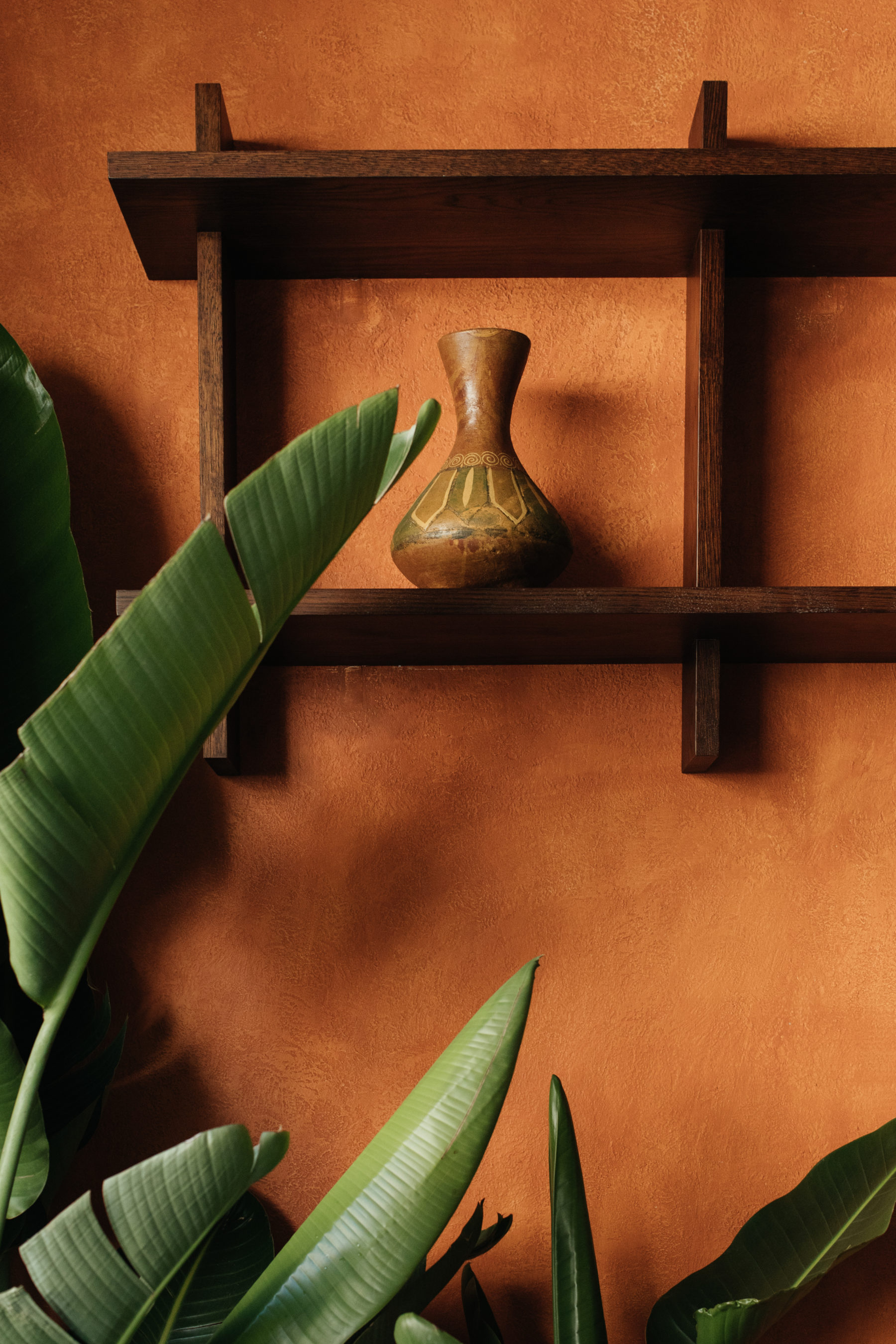
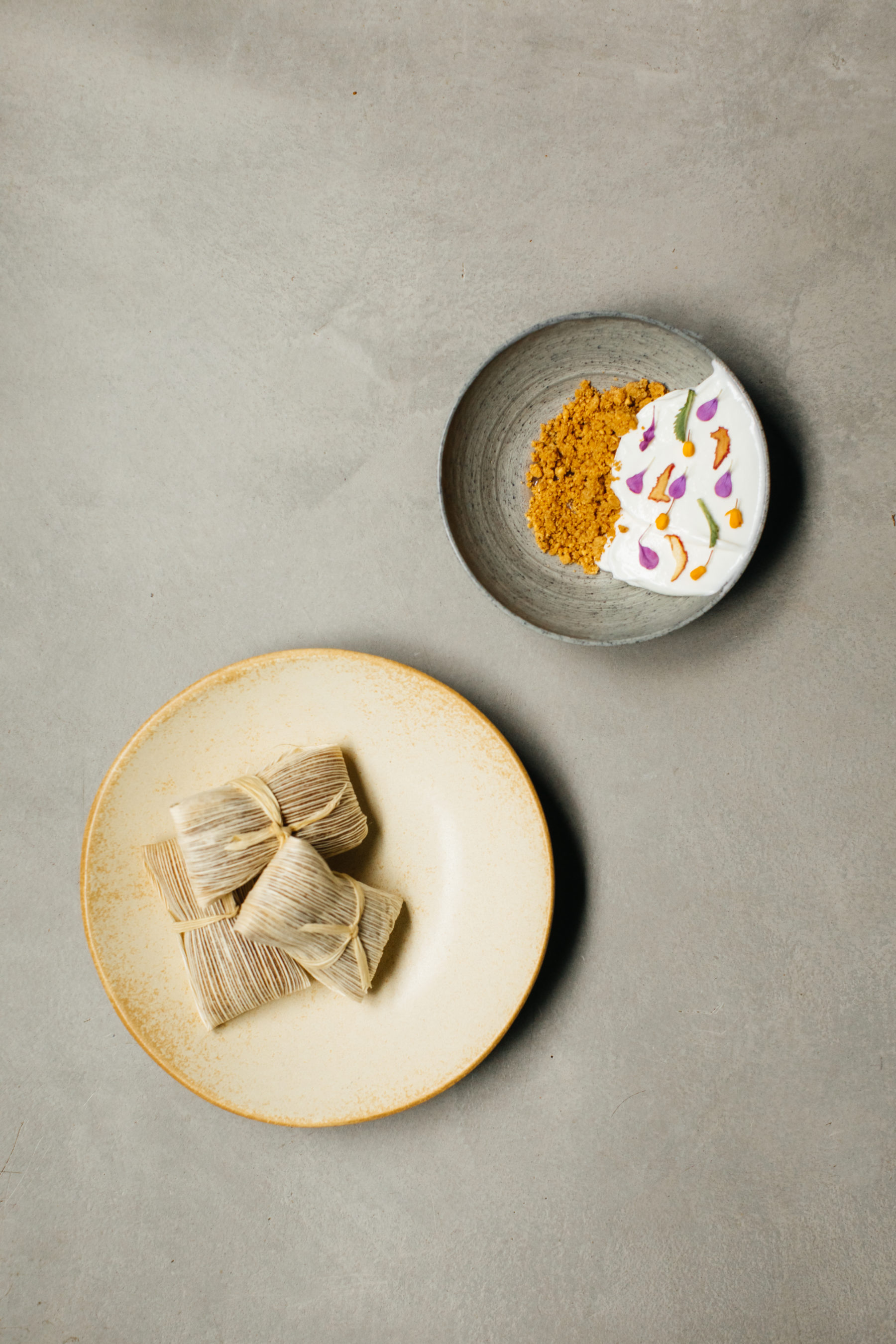
You’ve travelled all over the world working at different restaurants and pop-ups too — from NOMA to Mugaritz. How have those travels and experiences within some of the world’s best restaurants (and chefs!) shaped your style of cooking and your approach to food?
I have been very lucky to spend time with some of the best chefs and restaurants in the world. For me, it’s not about using what you learn literally in the form of techniques or recipes, it’s more about the philosophy that you gain insight to. Learning from how the chefs in these kitchens think and approach ingredients and quality cooking, that is the ultimate takeaway.
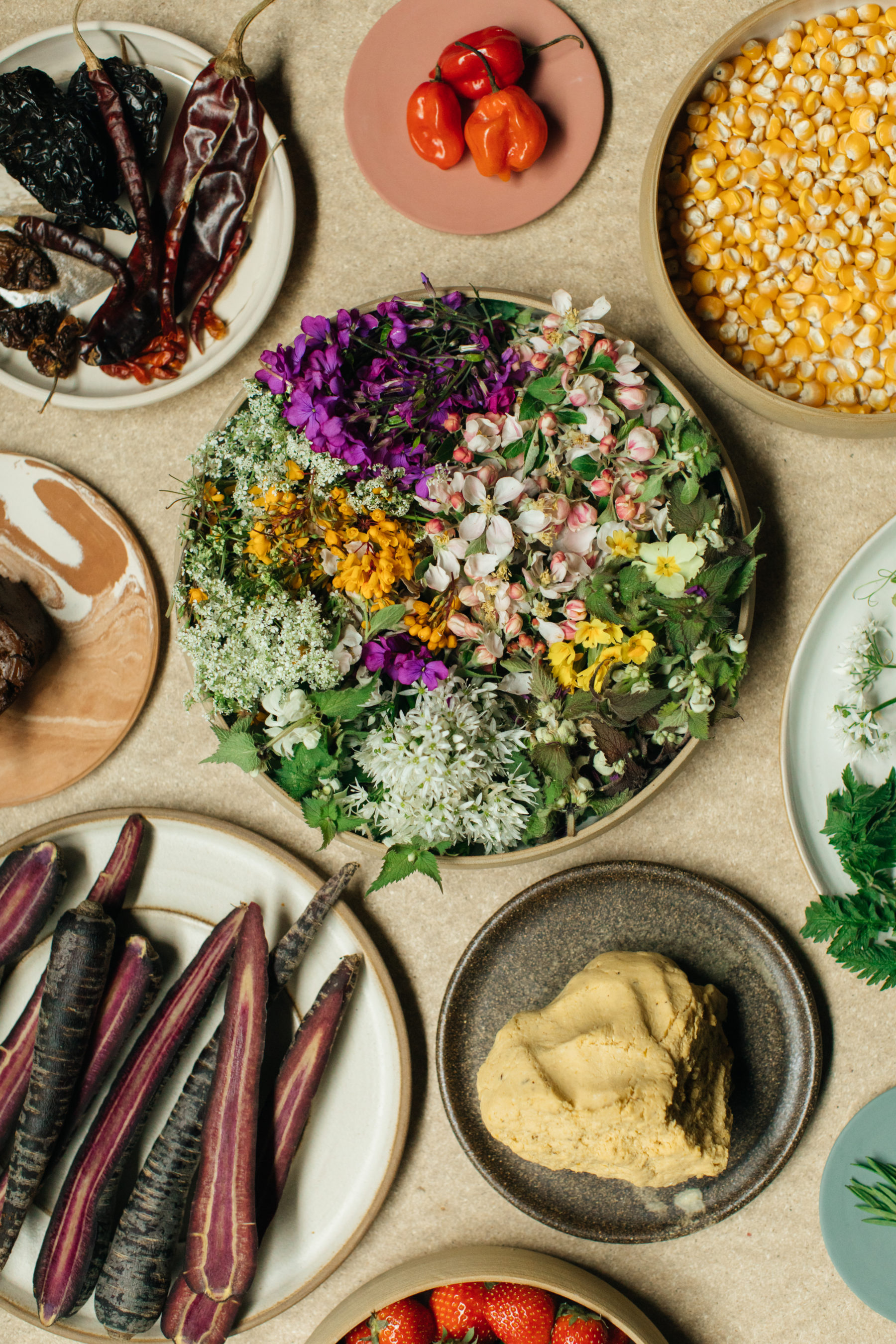
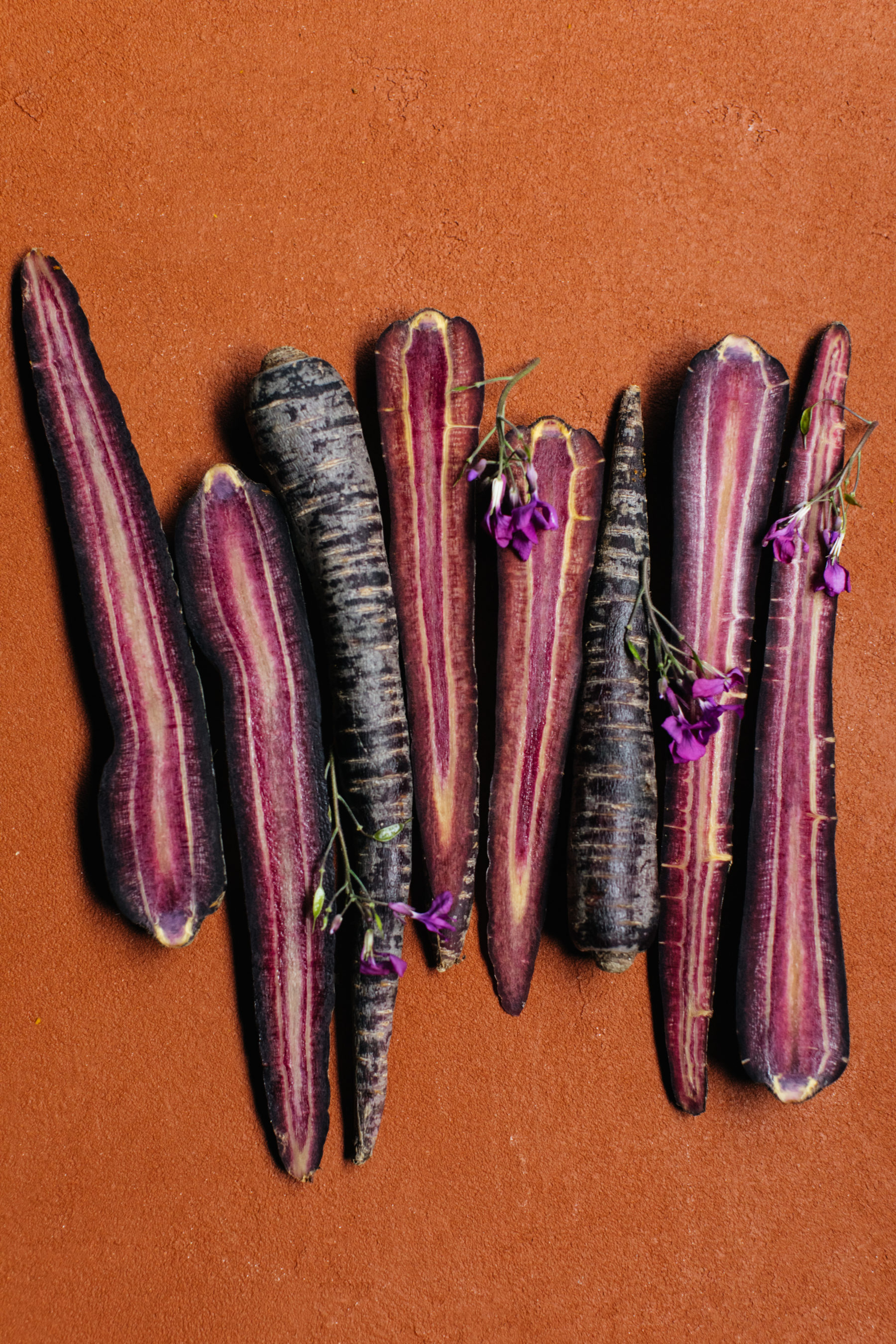
Talk to us about Mezcal. You’ve got the Mezcaleria within KOL, serving small plates and cocktails alongside the main restaurant. Did you always want that to be an integral part of the project?
We always wanted to make sure that you have a variety of experiences of Mexican culture when you come to KOL. Mezcalerias are a big part of Mexican culture and we thought it would complement the upstairs restaurant perfectly. We wanted to create a more casual space where you can hang out with your friends and enjoy nice music and some great plates of food as well as having access to massive variety of Mexican spirits and cocktails that reflect our philosophy upstairs. I like to say that KOL ends where the Mezcaleria begins and it’s the perfect extension of our philosophy.
Why did London feel like the right home for KOL? You had previously done a few residencies at Carousel’s first spot in Marylebone — did that have an impact on where in the city you wanted to be?
I love London and I really feel like it’s the capital of the world. It’s so multicultural and busy, but I’ve never felt like a tourist, or that I didn’t belong. In terms of Marylebone, I really enjoyed being there for Carousel, but I also just love the area. There is such quality here in terms of restaurants, shops, and cafes it just felt like the right place to set KOL up.
I also found that Londoners love spicy food, so we could cook with the flavours we wanted without fear.
You’ve got a day off in London and could do anything with it. Where would you hang out, what would be your favourite spots to go eat at, or what would be on your list?
There is a different day in London for everyone. It also really depends on who I am with.
- Exhibitions/galleries in Mayfair/Shoreditch
- Eat at St John
- Go to Hackney and have a glass of wine at P. Franco
- If I am south, I love to pop into 40 Maltby Street
- Go watch a play in Central London
- Visit some bars in the evening (Mezcaleria, Connaught, Bar with Shapes)

Santiago’s Pantry
5 items that are always in your pantry, or that you can’t live without.
1. Chili
2. Dry Corn
3. Miso
4. Butter
5. Garlic
